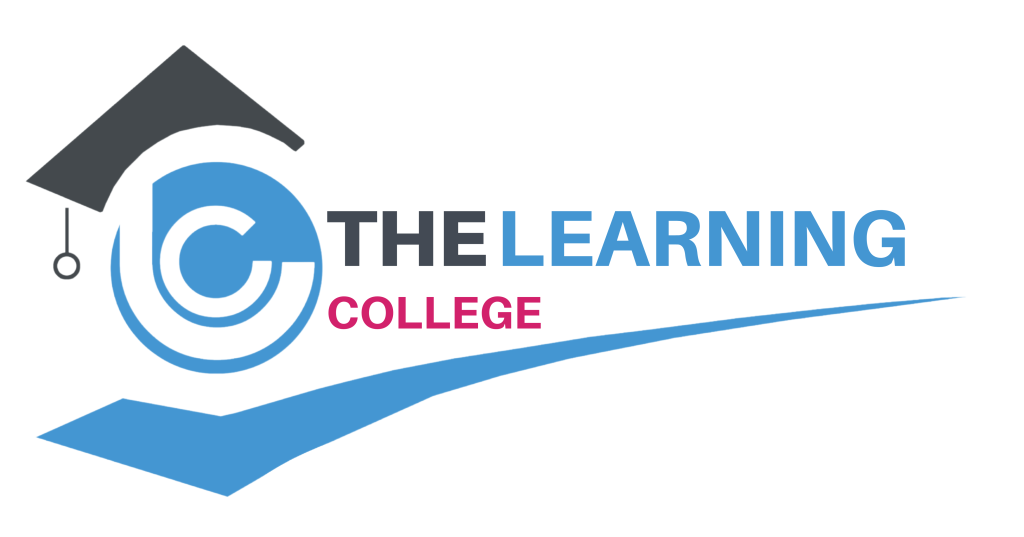Anxiety Amongst Educators Post Covid
When the pandemic took hold in 2020 the education sector was spun into unprecedented times, along with the rest of the world. Luckily in an era where the technology for distance learning already exists many classes were able to go ahead and children as young as 5 were taking part in virtual classrooms.
When schools returned to the classroom, there was little in place to stop the spread of covid within them, other than student “bubbles”. However, when families had children in multiple year groups or even schools, the spread was no longer contained to those bubbles.
This has led to a post-covid increase in anxiety levels amongst educators throughout all levels of education.
Winter 2021
For many educators, particularly early years educators, this anxiety reduced as we started the Autumn term in 2021, as covid figures began to ease after an initial spike. However, alongside the usual rise in the winter flu, we saw a significant spike in covid cases, returning the nation’s educators to a state of deep anxiety.
In 2022, a survey showed that around 35% of headteachers reported high levels of anxiety during term time. When the study investigated further, it becomes clear that the anxiety is no longer tied to solely a post covid world. But in fact, many headteachers included budget cuts and a reduced workforce. Combined with a real struggle to find adequate teaching assistants with relevant qualifications that allow them to be included in classroom ratios.
Educate The Support Team
Without our support teams, the level of anxiety, stress, and fatigue could increase. Here at The Learning College we recommend upskilling the team you have, along with any promising new starters. This enables you to monitor their progress through our monthly reports and empowers your workforce to take on greater responsibility while you have complete confidence in their knowledge and understanding.
If you are interested in a partnership with The Learning College, or would like more information on our courses, please contact the team today.

